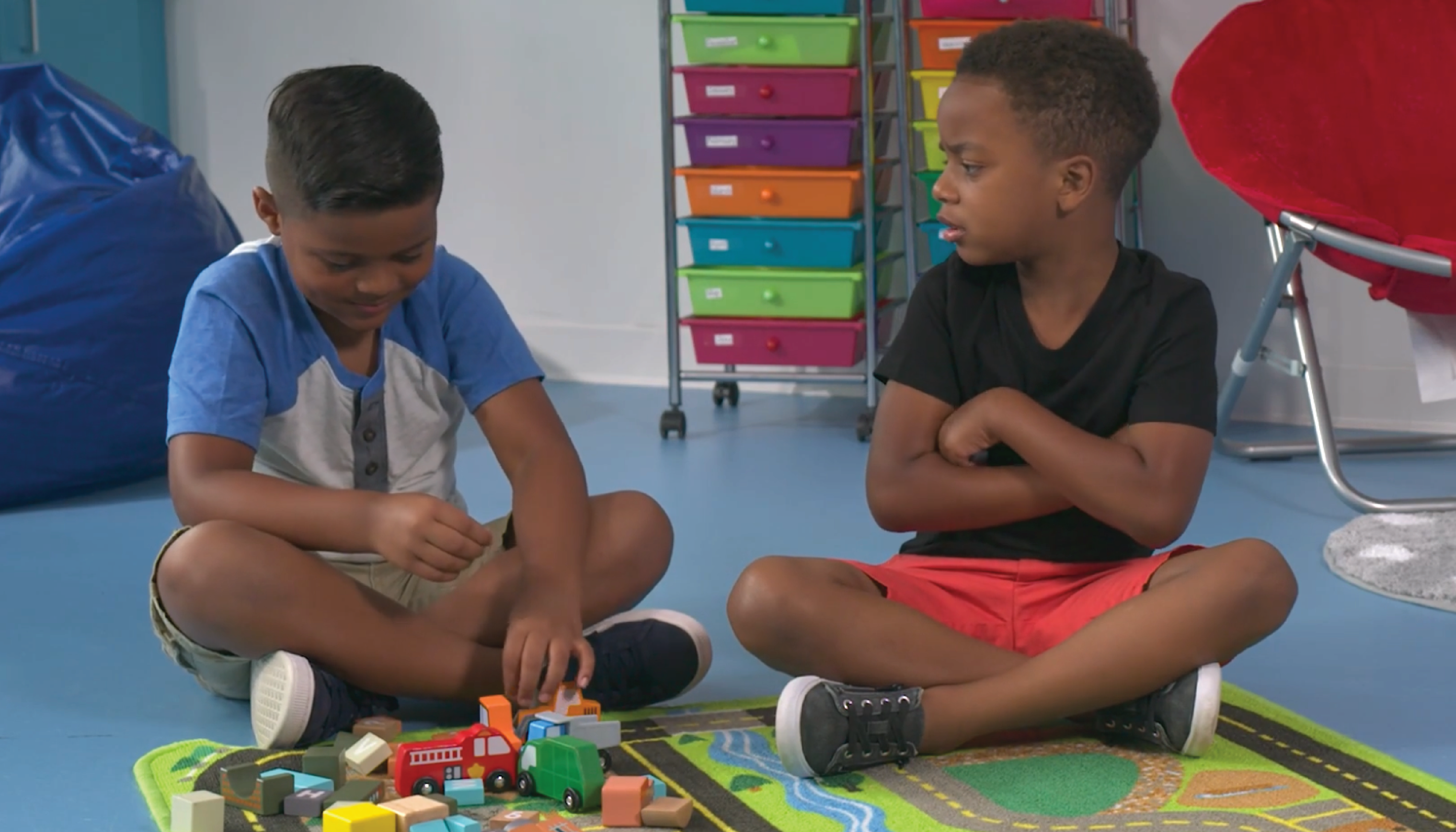
Introduction
Social-Emotional Learning (SEL) is essential for students to develop healthy relationships and understand their own and others’ emotions. One key skill in SEL is learning when to say “sorry” and how to apologize effectively. This blog post will discuss the importance of teaching PreK students when to say “sorry” and how to apologize, using an engaging no-prep activity and discussion questions. We will also explore related skills and provide next steps for incorporating these lessons into your classroom.
No-Prep Activity: The Sorry Relay
This activity requires no preparation or materials, making it easy to implement in any classroom setting. Here’s how to play the “Sorry Relay”:
- Divide the students into two teams and have them line up at one end of the room or play area.
- Explain that the objective of the relay is to run to the other end of the room, touch the wall, and then run back to their team while saying “I’m sorry” and stating a reason why they are apologizing.
- For example, a student might say, “I’m sorry for taking your toy” or “I’m sorry for bumping into you.”
- Once the student returns to their team, the next student in line will do the same until everyone has had a turn.
- The first team to finish the relay wins.
The “Sorry Relay” helps students practice apologizing and understanding the importance of saying “sorry” when they have hurt or upset someone.
Discussion Questions
After completing the activity, use these questions to stimulate further discussions about when to say “sorry” and how to apologize effectively:
- Why is it important to say “sorry” when we hurt or upset someone?
- What are some situations where you might need to apologize?
- How do you feel when someone apologizes to you? How do you feel when someone doesn’t apologize?
- How can we show that we care about our friends and their feelings?
- What are some ways to make amends after apologizing?
Next Steps
Incorporating Social-Emotional Learning skills like teaching when to say “sorry” and how to apologize effectively is essential for creating a positive and supportive classroom environment. To help you get started, we invite you to sign up for free samples of these skills and others from Everyday Speech. These materials are designed to enhance your students’ understanding of SEL concepts and help them develop healthy relationships with their peers.

